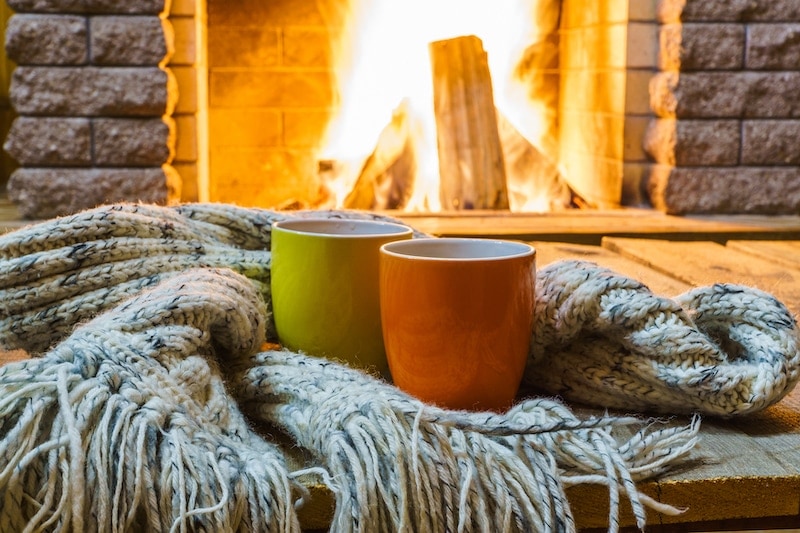What Is a Boiler?

If we mention the word boiler, do you know exactly what we mean? Or are you thinking of a furnace? Or of a hot water heater? Or are you not even sure?
If you are confused, rest assured you are not alone. Our Foss Heating & Cooling technicians run into many people here in the Mount Vernon, WA, area who often mistake a boiler for one of these other two systems. And although there can be some overlap since they are each a type of heater, they are not the same.
Boiler Definition
A boiler is an enclosed apparatus that typically utilizes gas, oil, or electricity to transfer heat to water until it becomes hot water or steam. The heated water or steam is then used to heat your home via radiant heat.
How a Boiler Is Different From a Furnace and Hot Water Heater
Each of these systems is similar in that they all produce heat for a specific purpose, but their delivery and purpose is what separates them:
• A forced-air furnace produces heat to warm the air in your home and then circulates the warmed air via ductwork.
• A water heater transfers heat to water, very much like a boiler, but its purpose is to use the water in household activity. The hot water is distributed via your home’s plumbing to faucets or appliances requiring the hot water.
• A boiler generates hot water or steam to heat your home. However, a boiler’s hot water or steam does not heat your home’s air like a furnace. Instead, it heats the objects in your home––walls, furniture, you, floors––which then radiates that warmth to heat your home. Steam is distributed throughout your home via pipes to steam radiators, and hot water is distributed via baseboard radiators or radiant floor systems.
To add an exception to these separations, there are boilers that work double duty—they can both heat your home and serve as a hot water heater. But again, this an exception for boilers, not the norm.
How a Boiler Works
The boiler process begins at the thermostat, which signals the boiler to start heating its system water. Typically, boilers are sealed systems, meaning they don’t waste water, recirculating and reusing the heated water or water from steam. The boiler starts with water inside it and indirectly heats it by a combustion chamber. After the water is heated or turned into steam, the water or steam is sent through the home by way of radiators, baseboards, or radiant floor systems, depending on your system.
Once the water or steam cools (the steam converting back to water), it returns to the boiler to repeat the process. One of the factors making this process so efficient is the boiler uses little energy to reheat the water once returned since it’s still warm.
Types of Boilers
Most boilers are classified by their characteristics, such as fuel type, heating method, pressure and temperature, form of heating, size/capacity, draft method, efficiency, and heat-only or heat and hot water. This can get very complex, and our boiler specialists calculate all these factors when helping you choose the most appropriate boiler for your home.
Boiler Efficiency and Longevity
According to the American Boiler Manufacturers Association, an efficient boiler “is a boiler that not only starts up efficiently but continues to operate efficiently year in and year out.” When purchasing a boiler, you want to be sure its AFUE (Annual Fuel Utilization Efficiency)—the industry’s percentage measure of how efficiently a boiler (or furnace) utilizes its fuel—is as high as possible for your budget.
To continue the AFUE-efficiency level of your new boiler, you need regularly scheduled maintenance by one of our professional HVAC technicians. Experiencing persistent efficiency year after year will save you energy costs. And performing regular maintenance will help prevent unexpected and costly repairs, as well as add to your system’s life, thereby also saving you money in the long run.
Here at Foss Heating & Cooling, our professionals install, repair, and maintain boilers. If you have any questions about boilers or are considering a new one, call us at 360-336-1517 to discuss your many options. We would be happy to help you.
